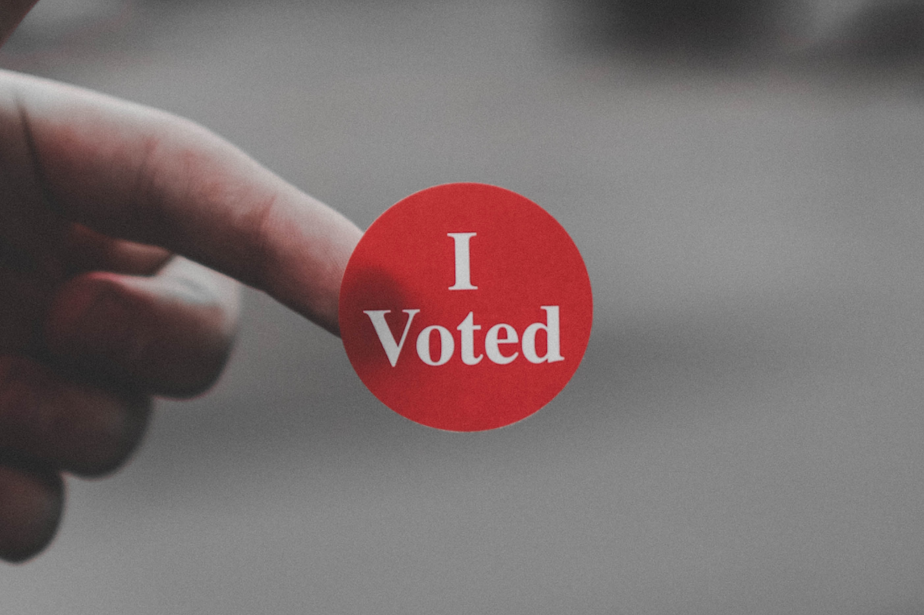U.S. Supreme Court hears case of Washington's 'faithless electors'

The U.S. Supreme Court heard arguments Wednesday morning in the case of three “faithless electors” from Washington state.
They’re members of the Electoral College who did not back Hillary Clinton, the popular vote winner in Washington during the last presidential election.
That's of note because the Constitution says it’s not the public that actually elects the president -- it's actually members of the Electoral College who cast the formal vote.
One of the faithless electors from this state was Bret Chiafalo, who spoke about the case with KUOW’s Angela King.
Angela King: You were fined $1,000 for not voting for Hillary Clinton in 2016. Who did you vote for? And why?
Bret Chiafalo: I and the other two electors who were working on the same project voted for former Secretary of State Colin Powell. And the reason we did is we had run a campaign called Hamilton Electors to try to stop Donald Trump in the Electoral College by getting 37 Republican electors to vote for a different Republican, therefore sending the presidential election to the House of Representatives. And that's why we ended up voting for Colin Powell, because we were putting country over party.
King: But you did sign a pledge -- aren't you there to carry out the public's intentions and the electorate's vote as opposed to your own?
Chiafalo: I think both. When you look at the Constitution, Article II, and Federalist Papers 68, it is clear that the founding fathers intended that if a candidate was unqualified, a demagogue or controlled by foreign powers, the Electoral College is to stop them. I took the decision very seriously. But our decision was the Constitution has to take precedent over a pledge to a political party.
King: Now you've said the Electoral College system is irrelevant. Why is that? And what do you hope the courts are going to do about that?
Chiafalo: I think it's unnecessary at this point. We've come to a time where one person, one vote should be how we elect our president. The Electoral College was created, among other reasons, because most people couldn't get news that quickly about the candidates. So you had to kick it up to someone who was trusted in your area to do it. That barrier no longer exists, and it likely hasn't existed for at least 100 years. So it's an outdated system and one of the systems that constitutional amendments were created for. It's not a quick fix, unfortunately.




